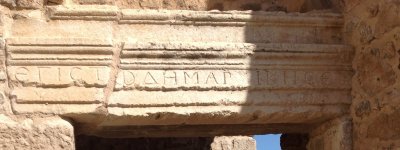Mike,
I'm DYING from laughter over this, so 1000% correct.
A Greek couple that were friends of my parents when I was a kid were trying to fix me up with their daughter, they gave a picture of her to my parents for me to see, she was in the old country holding a donkey with a rope, when I looked at the picture and YIKES, she would make a freight train take a dirt road, I told my Mother "I'd rather go out with the donkey"...………………..:wink2:
Yeah, we went to the Greek festivals all the time when I was a kid, my Mother could dance up a storm, those Greek line dances were something else, her and my uncle Harry used to lead the way, she still is a good dancer at 86, my Mom looks great for her age, no cane, hearing aid, glasses, nothing, she still drives, cooks, cleans the house, she's a little dynamo...………..she's not your typical Greek lady all dressed in black, very Americanized, but speaks Greek...……………..no accent, you'd never know she's Greek...……………….
George...
hehehe...man...that's so old school...typical Greeks...trying to set you up with "a Greek girl"...
my father's parents wouldn't even come to my Dad's wedding cause he married a "white girl"...
they got over it in time...everything worked out...
Greek parents can't stay mad at their children...
my Dad used to dance at the festivals too...
the folk dances...
I think they were called horos...
I never did...
he looked really cool...
really cool...very dignified...
really masculine for such a silly dance...
"Kool Moe Dee" for sure...
arms outstretched...hands on each other's shoulders...
after my mom passed away...
those old Greek women wanted some Pete Miller...
he was old school too...
smart guy...
summa cum laude SMU...
really sharp...
a CPA...
wore his wedding long ring after my mother passed away...
til that old mafia nut (Maceo) shot him and his fingers swelled up so bad they had to cut it off...
I think I told you about that before...
he finally started dating again...
and I was glad he had a companion...
but in the beginning...
when I would ask him about getting a girlfriend or remarrying...
he would look at me real serious...
like I was crazy...
and say he's still married...
his wife is in the cemetery on 61st street...
kind of like a penguin...
he mated for life...
real cool guy...
like you and your Dad...
MY VERY BEST FRIEND!


